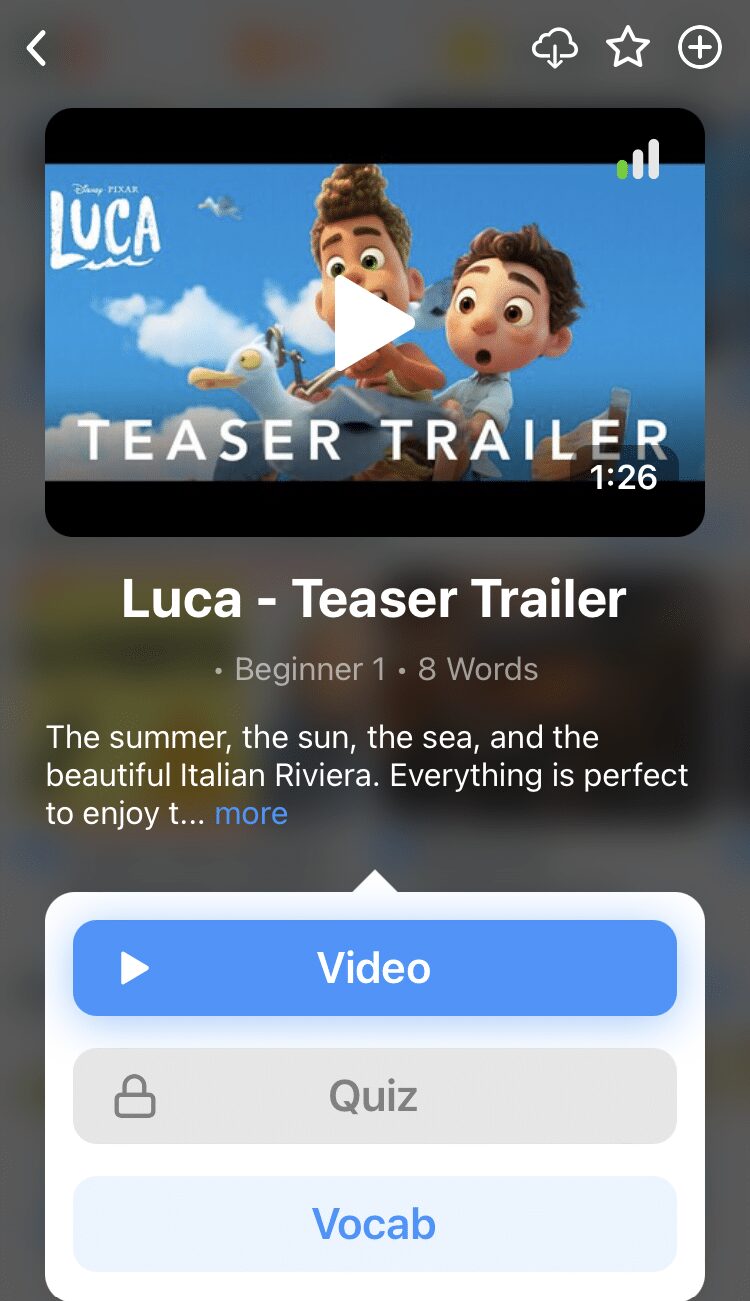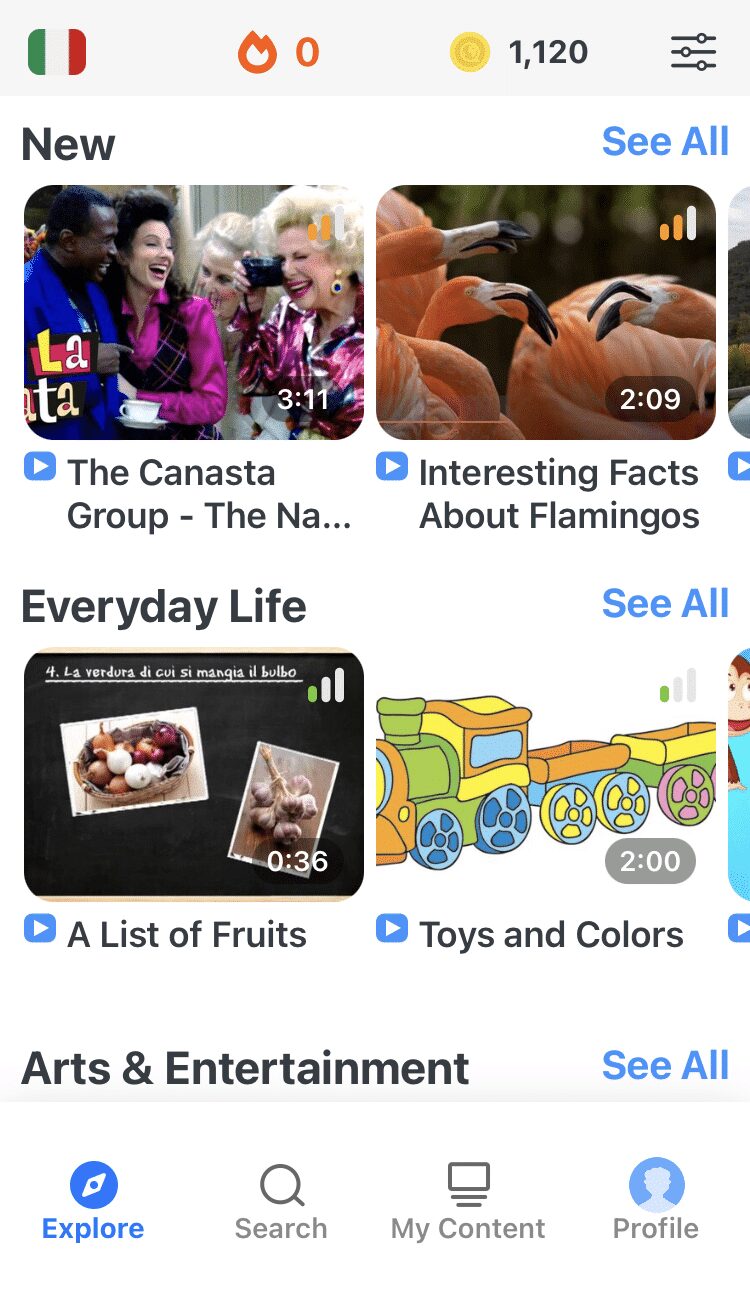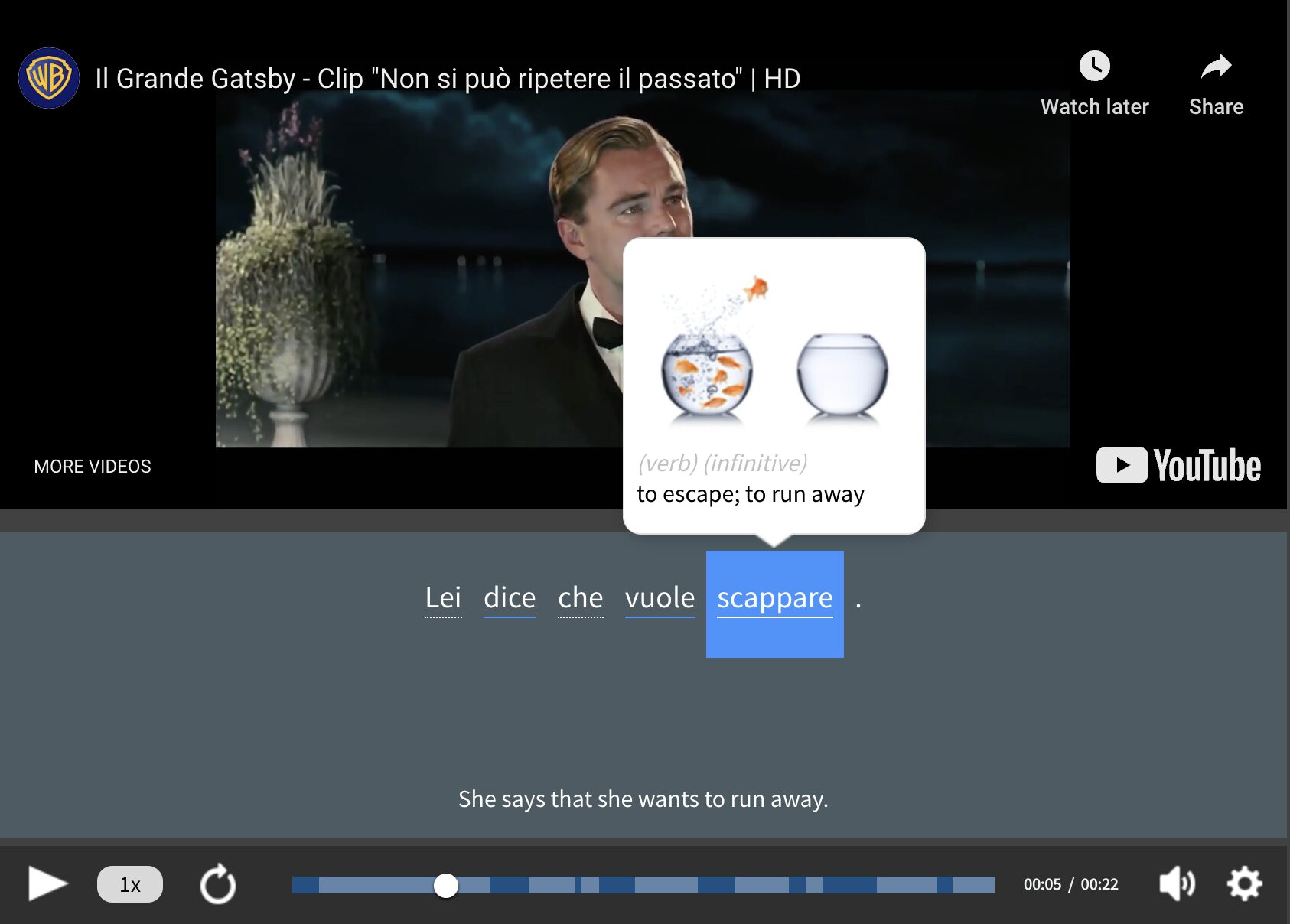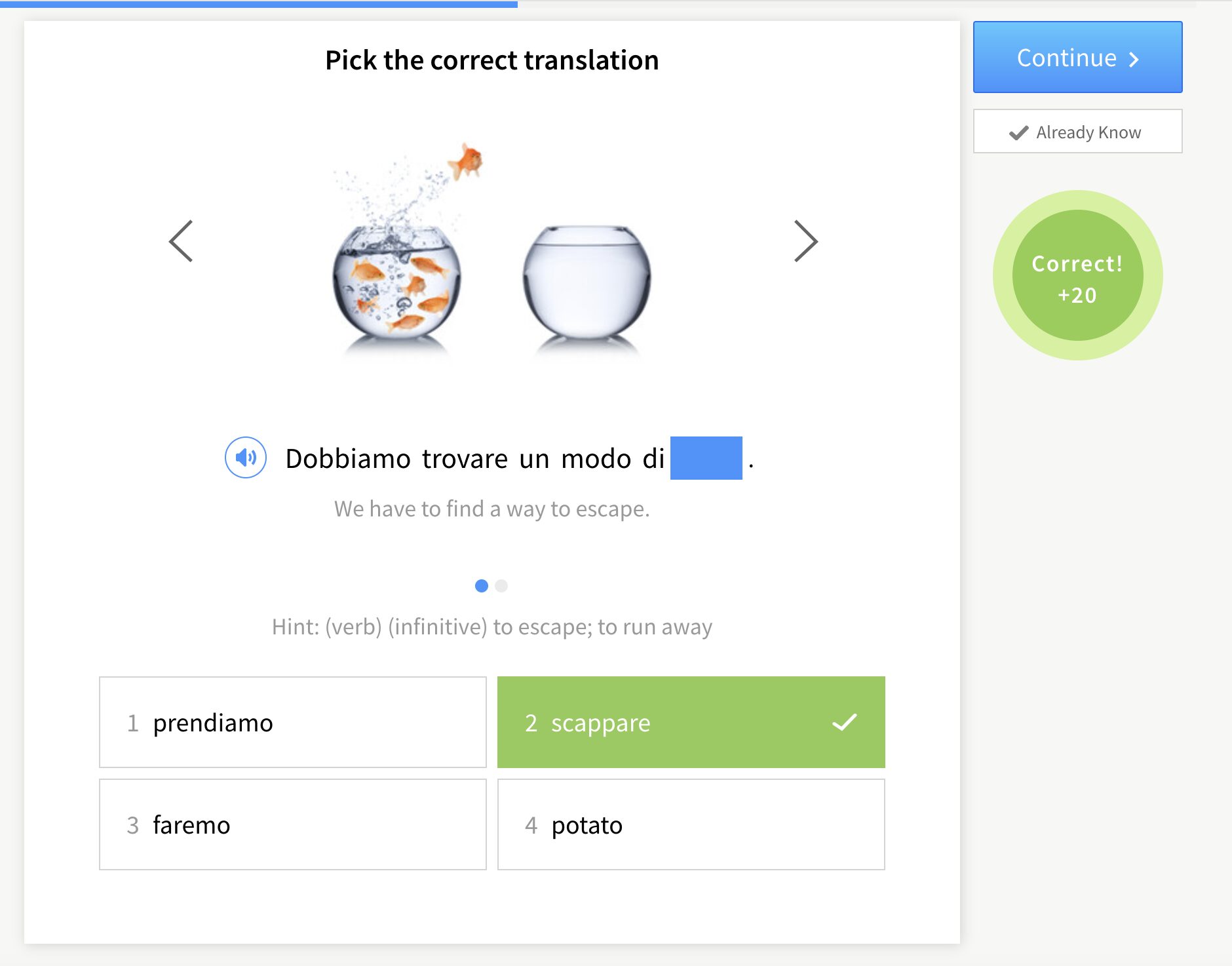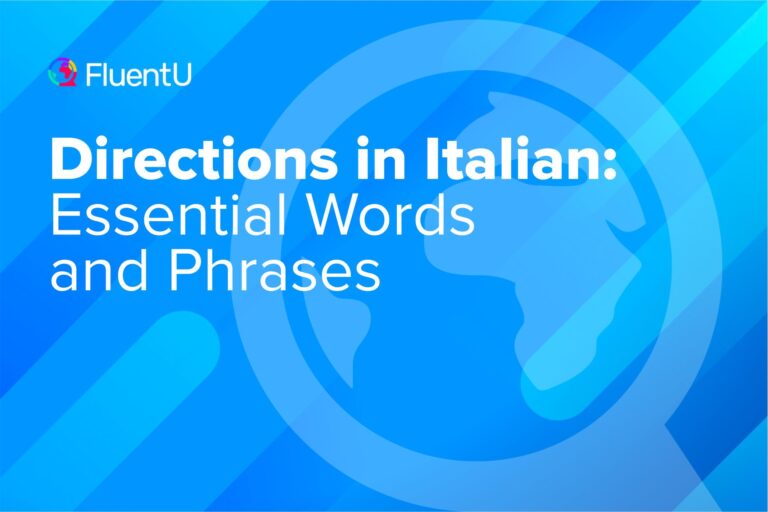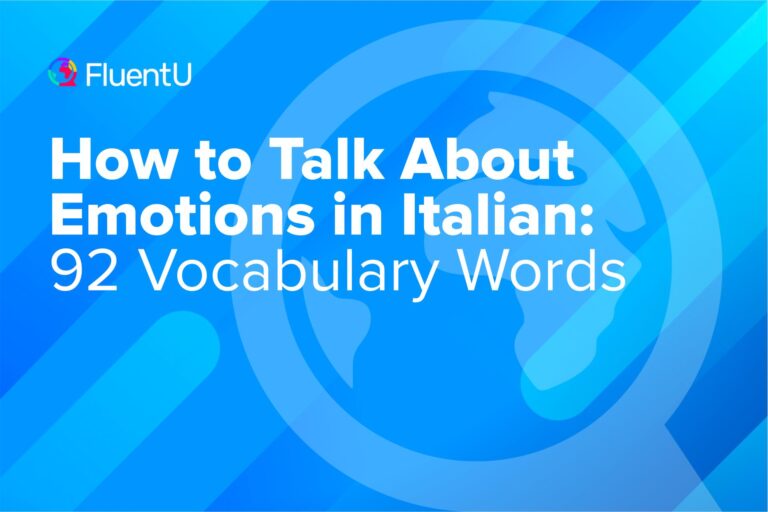13 Italian False Friends with English [Quiz Included]
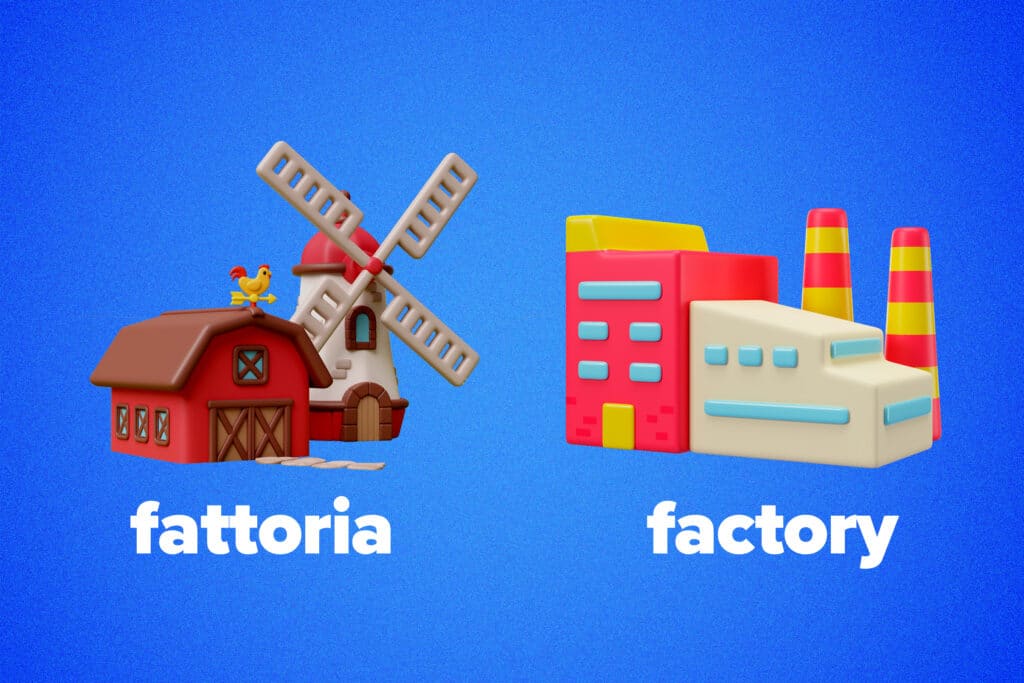
Italian and English share a lot of similarities in vocabulary. But not all words that look similar between the two languages mean the same thing.
These word pairs are called false friends, and they cause a lot of mistakes among English speakers who are learning Italian. Let’s look at some of the most commonly confused English and Italian false friends.
Download: This blog post is available as a convenient and portable PDF that you can take anywhere. Click here to get a copy. (Download)
What Are Italian False Friends?
Since Italian and English share roots, there are a lot of words in both languages that share a common Latin root. These words can be split up into two groups: cognates and false friends.
Cognates have similar spelling and the same meaning between the two languages. For example, possibile and possible or problema and problem. They’re not spelled exactly the same, but close enough that an English speaker can easily remember the Italian equivalent.
False friends, on the other hand, are words that are spelled and pronounced similarly but have totally different meanings. These can make learning a new language a bit more tricky. The following list gives you the most common Italian false friends to watch out for.
False Verb Friends
1. Annoiare vs. To Annoy
If someone’s annoying you, using the verb annoiare will still be an insult, but not the right one. That’s because annoiare means to bore, not to annoy. To describe someone or something annoying in Italian, use irritare or dare fastidio.
2. Confrontare vs. To Confront
While confrontare contains the word “confront,” it has a very different meaning. Confrontare means to compare. So if you’re talking about confronting someone, use affrontare instead, which can mean to confront, to deal with, to tackle or to face up to.
3. Domandare vs. To Demand
While domandare looks curiously similar to “demand,” it doesn’t carry so much force. Domandare means to ask or inquire. If you want to demand something, use pretendere instead. We’ll come back to this verb soon.
4. Pretendere vs. To Pretend
As we learned earlier, pretendere means to demand. It can also mean to expect (without any right to do so), to require or to claim. For example:
Pretende di avere sempre ragione. (He claims to always be right.)
Pretende di passare l’esame senza avere studiato. (He expects to pass without studying.)
If you want to say someone is pretending, use fingere. For example: Lui finge (He’s pretending).
False Adjective Friends
5. Attualmente vs. Actually
Attualmente is an often-confused word that means “currently,” not “actually.” Similarly, attuale means “current.” If you want to say “actually,” use in realtà. For example:
Pensavo che il film fosse noioso, ma in realtà è stato molto interessante. (I thought the movie was boring, but actually, it was very interesting.)
6. Educato / Educata vs. Educated
If you’re in a job interview and you want to highlight the quality of your education, don’t use educato/a. Educato/a means “polite,” or that you were raised well by your parents. If you want to say that you’re educated, use istruito (for males) or istruita (for females) instead.
7. Grosso / Grossa vs. Gross
If you want to express your disgust, grosso/a isn’t the word you want. That’s because grosso/a means “big.” So if you’re served a very large bowl of pasta, you can exclaim “Che grosso!” (How big!) without worrying about offending anyone. If you want to say that something is gross, use schifo instead.
8. Morbido / Morbida vs. Morbid
While morbido/a looks a lot like “morbid,” this Italian word actually means “soft.” The Italian word for “morbid” also looks similar: morboso / morbosa. For example:
Aveva una curiosità morbosa per tutto ciò che riguardava la morte. (He had a morbid curiosity about everything related to death.)
False Noun Friends
9. Camera vs. Camera
In Italy, a camera is something you ask for at a hotel, not an electronics store. That’s because una camera is a room, not a device for taking pictures. That’s una macchina fotografica.
10. Fabbrica vs. Fabric
Sewing a quilt? Don’t go to the fabric store and ask for some fabbrica. In Italian, fabbrica means a factory, not fabric (which is tessuto ).
11. Fattoria vs. Factory
Let’s say you actually are looking for a factory. You get lost on the way and ask someone “Dov’è la fattoria?” You probably won’t end up at the right place, because fattoria means farm, not factory. For that, as you just learned, you want to say fabbrica.
12. Libreria vs. Library
Want to borrow some Italian books for free? Don’t go to the libreria. You’ll find books there, but you’ll have to pay! That’s because libreria means bookstore. For free books, you want to go to the biblioteca.
13. Preservativo vs. Preservative
Let’s say you’re shopping for some breakfast cereals and want something healthy. You ask an employee “Dove sono i cereali senza preservativi?” You might get a very strange look because preservativo means “condom.” If you want food without preservatives, use senza conservanti.
Quiz on Italian False Friends
Now that we’ve gone over some of the most commonly confused Italian false friends, it’s time to test what you’ve learned. Take the brief quiz below and just refresh the page if you want to start over or retake it.
Please select 3 correct answers
As you can see, these Italian false friends can cause a lot of confusion and mistakes by English speakers. One of the best ways to learn the differences in meaning is to hear false friends used in context.
For example, you could try using an immersive language learning program like FluentU to search for these terms and see how they’re used by native speakers.
FluentU takes authentic videos—like music videos, movie trailers, news and inspiring talks—and turns them into personalized language learning lessons.
You can try FluentU for free for 2 weeks. Check out the website or download the iOS app or Android app.
P.S. Click here to take advantage of our current sale! (Expires at the end of this month.)
By learning and memorizing these false friends, your Italian will sound much more fluent!
Download: This blog post is available as a convenient and portable PDF that you can take anywhere. Click here to get a copy. (Download)
And One More Thing...
If you want to learn Italian with authentic materials but need a little extra support, then let me tell you about FluentU.
FluentU lets you consume the same content as native Italian speakers, but with tools to make it easier to pick up the language while you watch. You’ll learn Italian as it’s actually spoken by real people, unlike with other programs that use scripted content.
You can bring our learning tools directly to YouTube or Netflix with the FluentU Chrome Extension, or check out our curated video library full of clips that cover a wide range of topics, as you can see here:
FluentU brings native videos within reach with interactive subtitles. You can tap on any word to instantly see its meaning, an image, and its audio pronunciation. Click on the word for additional examples and to add it to your flaschards.
To reinforce what you've learned, you'll complete engaging exercises and see more examples of the key words from the video. FluentU keeps track of the vocab you’re learning, and gives you extra practice with words you find challenging.
Start using the FluentU website on your computer or tablet or, better yet, download the FluentU app from the iTunes or Google Play store. Click here to take advantage of our current sale! (Expires at the end of this month.)














